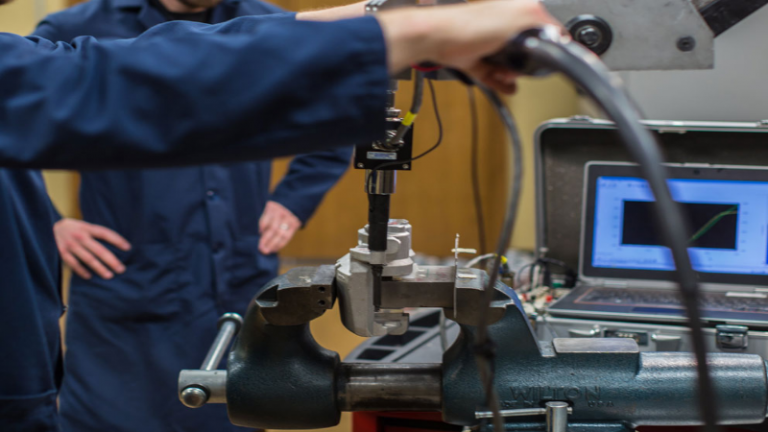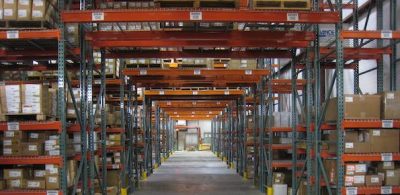The landscape of industrial supply in Minnesota is a dynamic field that significantly impacts the state’s economy and manufacturing sector. As industries evolve, understanding the current trends and obtaining practical tips for navigating the market are crucial for businesses aiming to enhance their operational efficiency and competitiveness. Industrial supplies are the backbone of production processes in various sectors, including manufacturing, construction, and agriculture. These supplies range from safety equipment and tools to advanced machinery and parts. Effective management and procurement of these supplies can lead to improved productivity, reduced operational costs, and enhanced product quality.
Current Trends in Industrial Supply
- Sustainability and Eco-Friendly Products: There is a growing trend towards using sustainable and environmentally friendly materials. Companies are increasingly prioritizing supplies that minimize environmental impact, responding to regulatory pressures and consumer preferences.
- Technological Integration: Automation and technology are becoming integral in industrial operations. Supplies that incorporate advanced technologies for better efficiency and accuracy are in high demand.
- Supply Chain Optimization: Amid global disruptions, local businesses are reevaluating their supply chain strategies. There’s a shift towards more resilient and flexible supply chain practices to mitigate risks associated with global sourcing.
- Customization and Specialization: Industries require supplies that specifically cater to their unique needs. Suppliers that offer customized solutions are particularly valued for their ability to meet specific operational requirements.
Tips for Navigating Industrial Supply
• Assess and Plan: Carefully assess your current and future supply needs. Planning ahead can prevent shortages and overstock situations, which are costly and inefficient.
• Choose Quality Over Price: Investing in high-quality industrial supplies can reduce the frequency of replacements and maintenance, ultimately saving money in the long run.
• Build Strong Relationships with Suppliers: Reliable suppliers are key to a smooth supply chain. Building a good relationship can lead to better prices, terms, and priority service.
• Stay Informed: Keep up with local and global market trends that can affect supply availability and prices. Keeping informed enables proactive adjustments to your supply chain strategy.
• Leverage Local Expertise: Minnesota is home to many industrial supply experts and consultants. Utilizing their expertise can provide insights into efficiently managing your supply needs.
Strategies for Thriving in Dynamic Industrial Supply Landscape
Navigating the industrial supply in Minnesota requires a keen understanding of current trends and an effective strategy tailored to your specific needs. By focusing on sustainability, embracing technology, optimizing supply chains, and building strong supplier relationships, businesses can achieve greater efficiency and competitiveness. Remember, the right approach to industrial supply supports operational objectives and contributes to broader economic and environmental goals. As the industry continues to evolve, staying informed and adaptable is key to success.


